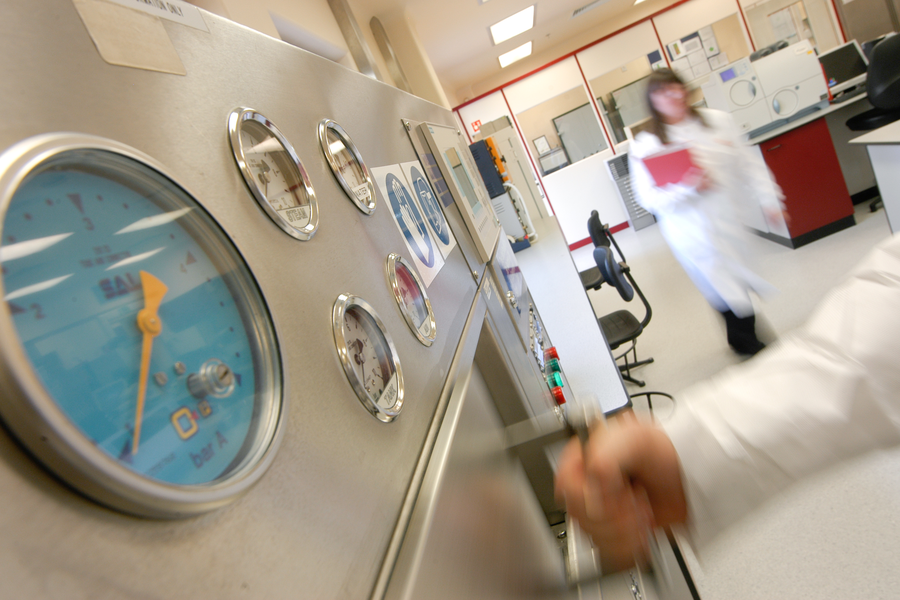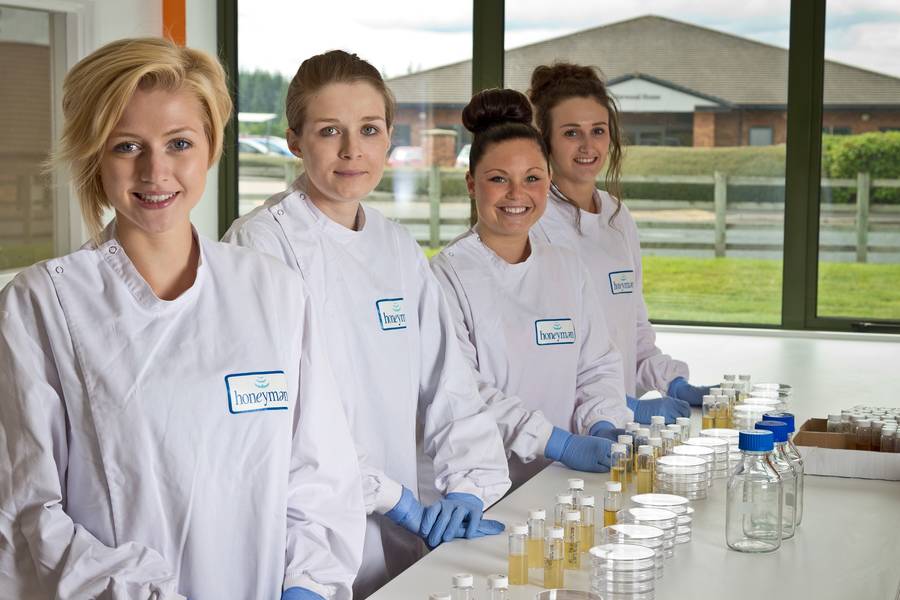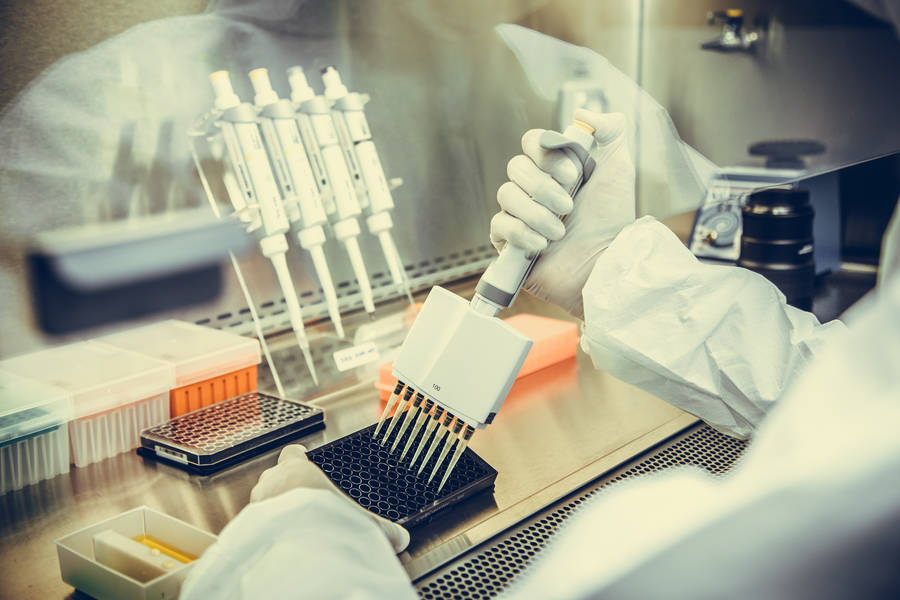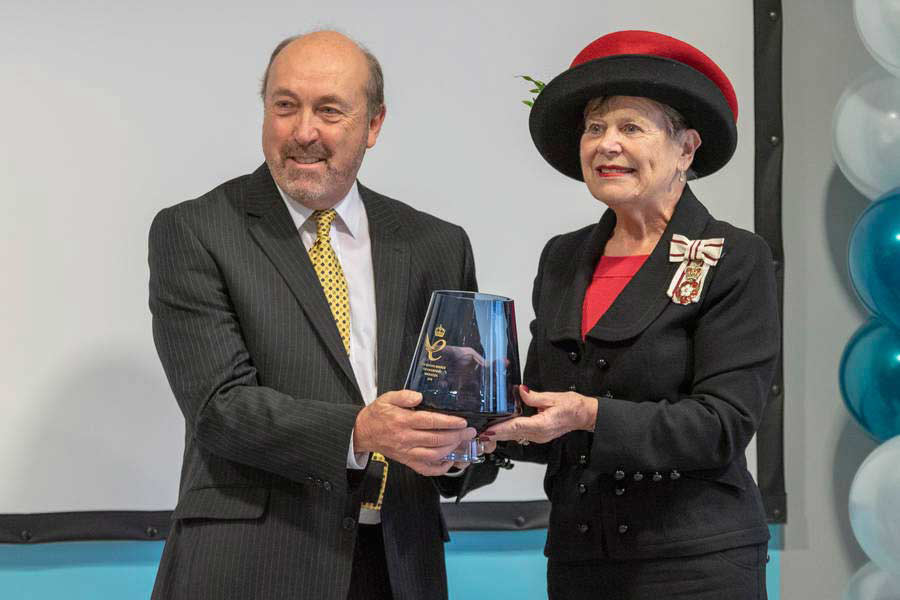Oops!
Biotechnology: Principles in Practice
- Location: Location TBD
- Start Date: Start Date TBD
- End Date: End Date TBD
- Price: Price TBD Contact Us »
Biotechnology: Principles in Practice®
Download course PDF Biotechnology and the Future
This training course provides an overview of bio-pharmaceutical manufacturing and is ideal if you are introducing bio-pharma processes as a start-up manufacturer or as an established traditional pharmaceutical manufacturer newly introducing biotechnology.
Biotechnology is a wide field and we will be looking at practical principles, concentrating on the key techniques of production and development, materials and requirements to produce a range of products. In addition to the processes involved, this course includes guidance on validating, verifying and quantifying the techniques and systems in operation in order to maximise quality and consistency.
We will consider the range of bio-pharmaceutical products produced, from gene therapy to monoclonal antibodies, new clinical trials and scale-up to manufacture. Introducing regulations and guidelines, we will consider what makes biotechnology different from traditional pharmaceutical manufacturing, upstream and downstream, from cell culture processing to purification methods and separation technologies.
Who Should Attend This Course?
This training course is ideal for anyone who is new to the industry or processes, as well as being a good refresher for individuals experienced in traditional pharmaceutical manufacturing who are transitioning to bio-pharmaceutical manufacturing.
The course is suitable for different functional groups within the organisation including Operations, Quality Assurance, QP's, Engineering, and Validation.
Course Features
The course is spread over two days to allow interaction between the lecturer and attendees. The presentations will be supplemented with workshops that will be used to verify understanding and look at the biotechnology industry and its future. The course itself will encourage discussion and participation which will lead to greater understanding of the current status of biotechnology and the future of the industry.
Course Objectives
Course objectives are to provide an understanding of:
- Different types of biotechnology processes
- Current and future GMP requirements for biotechnology
- Typical product lifecycle phases and regulatory requirements
- Steps involved in the manufacture of clinical batches including scale up, product characterisation, and control of process inputs and outputs
- How the product can influence facility design and the use of disposable technologies
- Differences between the production of a variety of cell substrates e.g. mammalian, bacterial, viral, and plant cell products
- Upstream processing including cell culture, fermentation, harvest
- Downstream processing including typical purification techniques
- Analytical techniques employed to verify final product purity
- Fill Finish activities, storage and distribution of product
- Principles of process and equipment validation
Course Content
This course will include presentations and workshop sessions on the following subject areas:
Day 1
cGMP in Biotechnology: An introduction to the cGMP aspects of biotechnology management and control. This session will review the standard commonalities and also the specific differences and activities within biotechnology that require a re-think of the standard GMP attitudes. We will look at anticipated and future requirements together with observations given by inspectors.
Regulations and Standards: This session will include a review of EU Annex 2, ICH Q5A/B/C/D/E, FDA requirements, Licensing and Development.
Biotech Products 1: What is a biotech product and how has the perception of biotechnology changed over the years? How do the different types of biotech products work and what are the different methods of presentation and delivery?
Biotech Products 2: What are the various forms of biotech products in the current pharmaceutical environment? The presentation includes an outline of different types and a review of current standing of each type in the pharmaceutical industry.
Clinical Batches: Within this session the application of scale-up, product characterisation, raw material usage, and control of plant, animal, viral and bacterial derived products will be reviewed.
Facility structure and organisation for Biotech Production: An overview of the risks and controls required when constructing a biotech facility together with the use and benefits (or otherwise) of disposable technology will be provided.
Day 2
Upstream Processing: This session will review the processes involved in preparation and initial generation of material for production of crude biotech products prior to purification.
Downstream Processing: The session will review the confirmation of production and primary and secondary purification requirements and techniques together with in-process activities.
Analytical Techniques: What analytical techniques and testing are required to confirm that the final product is of the purity and definition required. A range of analytical techniques will be reviewed including absence of viruses, DNA and plasmid confirmation plus purity and stability checks.
Fill-finish and Storage/Distribution: There will be a review of formulation and fill/finish into final containers, controls required and the storage and distribution of the final product, including requirements in the hospital or clinic.
Validation 1: A review of the validation, qualification requirements and techniques for the process, CQA/CCP, media production and hold times plus cleaning.
Validation 2: An overview of the validation and qualification requirements for equipment used, virus filtration and overall IQ/OQ/PQ practices and documentation.
Course Dates / Costs Description
Please see the table above for the dates of next courses and the costs.
Please note: Our online booking system works in £GBP. The € Euro price is a guide price only. The final € Euro amount payable online will be the current exchange rate of the £GBP amount.
If you wish to raise a purchase order or pay via any other means than Credit Card for a booking then these € Euro guide prices will prevail as being the booking cost despite any fluctuation in exchange rates.
Honeyman reserves the right to amend any prices at any time. All advertised prices are exclusive of any applicable VAT or local taxes.
Course Terms & Conditions
Click here to read our Biotechnology Training Course Terms & Conditions.
View Next Scheduled Pharma Courses
View All Pharma Courses

Why Honeyman?
The Honeyman Group has trained thousands of people within the pharmaceutical industry. Our courses continue to remain popular because they provide delegates with a sound understanding of scientific principles in each technical area, complemented by interactive workshops, discussions, practical demonstrations and case studies to put these principles into practice.
All of our courses are delivered by experts who actively work within the pharmaceutical, biopharmaceutical and medical device industries, therefore, we will continue to share pragmatic current best practice advice to enable you to meet current GMP and regulatory expectations.
- Our speakers are active in the industry today and are able to provide up to the minute experiences and current best practice advice
- Accredited Specialist Training on selected courses in conjunction with Teesside University
- We can provide bespoke on site training, perfectly suited to deliver the most effective and relevant training
Read training testimonials from previous delegates and commissioning organisations.
Our Customers:












































































